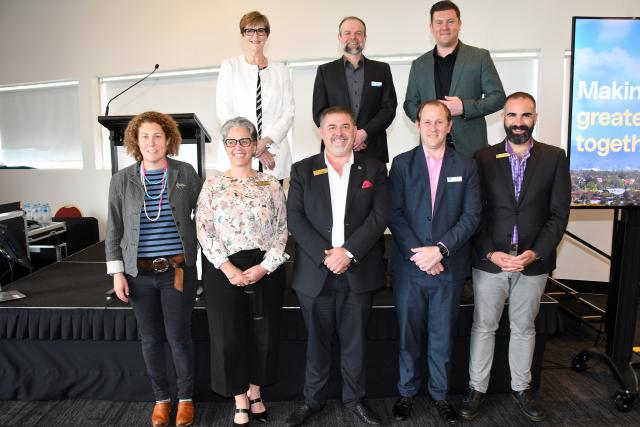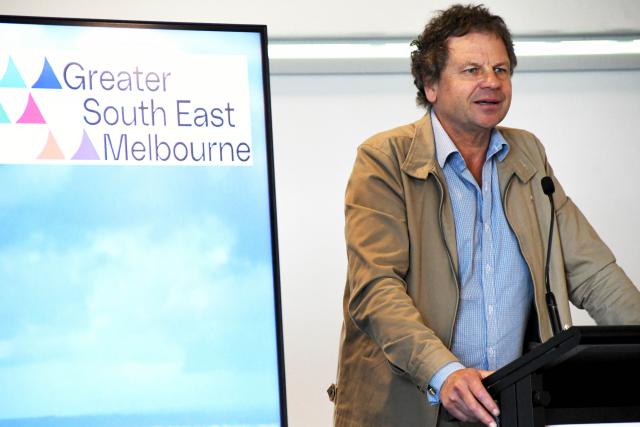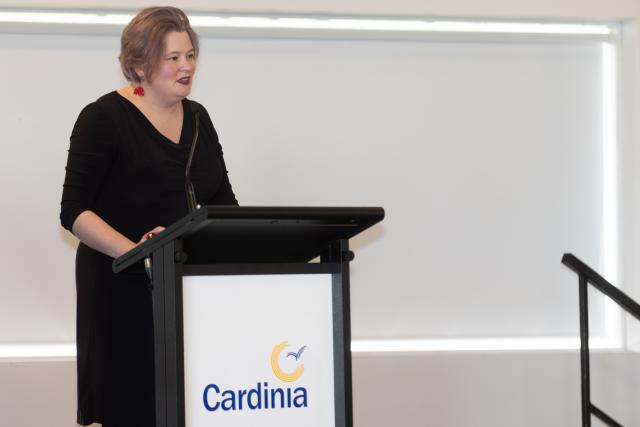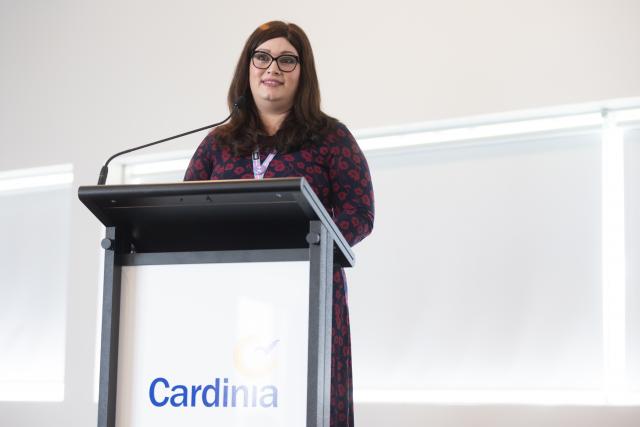
By Shelby Brooks
Eight shire mayors have come together under one voice to seek support from all levels of government in developing a regional jobs and skills plan.
The call to ensure the region has the right mix of skills to ensure jobs for residents into the future comes from advocacy group Greater South East Melbourne (GSEM).
It follows the release of a new report revealing parts of the region have significant gaps in skills, jobs and education levels.
At a summit held at Pakenham’s Cardinia Cultural Centre on Friday 7 October, GSEM officially called for a tailored jobs and skills plan.
GSEM is comprised of Cardinia and Mornington Peninsula shires, and the cities of Casey, Frankston, Greater Dandenong, Kingston, Knox and Monash.
GSEM chair Simon McKeon urged State and Federal Governments to take the call seriously.
“For all the wrong reasons we have statistics around employment that we can’t be proud of,” Mr McKeon said.
“The data and statistics say we don’t do the right thing in offering training and the right employment opportunities.
“We want government support to actually put together a plan for once which is real and achievable which will actually change the lives of many of our residents.”
Cardinia Shire Council Mayor Jeff Springfield said the region was the fastest growing and the most important economic centre in the country.
“Greater south east Melbourne is a seriously impressive region that continues to punch well above its weight,” he said.
“We represent 1.5 million residents, almost 30 per cent of Melbourne’s total population, making us bigger than both Adelaide and Western Sydney.”
Greater south east Melbourne is home to world-class research, development and education institutions, is a national leader in manufacturing and agricultural, and a number of national and global corporations Australian headquarters are based in the area, Mayor Springfield said.
Despite this, Mayor Springfield said the area had serious gaps in skills, jobs and education levels.
From GSEM’s Melbourne Skills and Employment Analysis, six of the eight GSEM LGAs have fewer local jobs per local resident than Greater Melbourne.
Male, female and youth unemployment rates have been higher in the region than the Greater Melbourne average, particularly for Dandenong, Casey and Cardinia.
“GSEM has one third of Melbourne’s population yet it only contains 25 per cent of all jobs across Melbourne,” he said.
“Unemployment rates have typically been higher in the GSEM region, relative to the Greater Melbourne average in the last 10 years.
“Compared to the Greater Melbourne average, there is a low share of residents in Cardinia, Casey, Frankston and Dandenong LGAs with bachelor degrees.
“Workers in our region do it tough with many experiencing one-hour-plus commutes each day and too many need to leave the region to find work.
“If we want to slingshot productivity gains, government must work with GSEM to invest in greater south east Melbourne.”
Women’s Health in the South East (WHISE) chief executive Kit McMahon spoke about the challenges local women face in accessing skills, training and improved employment opportunities.
“Women’s experience of workforce participation is influenced by systemic, structural and cultural norms and barriers which impact their ability to work, to learn, to make choice,” Ms McMahon said.
“We know that the rates of women’s participation in the workplace are lower. Our skills system invests more money, more capital into male-dominated skills than feminised skills streams.
“More women stop learning because of personal reasons than men – men stop learning because they get a job.”
Silvia Sasa, Jobs Victoria employment services manager for TaskForce Cranbourne, shared her 20 years’ experience in the industry.
She primarily helps young culturally and linguistically diverse people find employment.
Ms Saso also shared her personal experience coming to the South Eastern suburbs as a refugee from El Salvador.
“I’m particularly passionate about helping people who are newly arrived to Australia, and are facing the same challenges my family faced,” she said.
“Our jobseekers need early intervention, community-based programs that are there to empower them to overcome those barriers to employment.
“They need opportunities for earn and learn programs so they can develop Australian skills and built up their confidence.”











